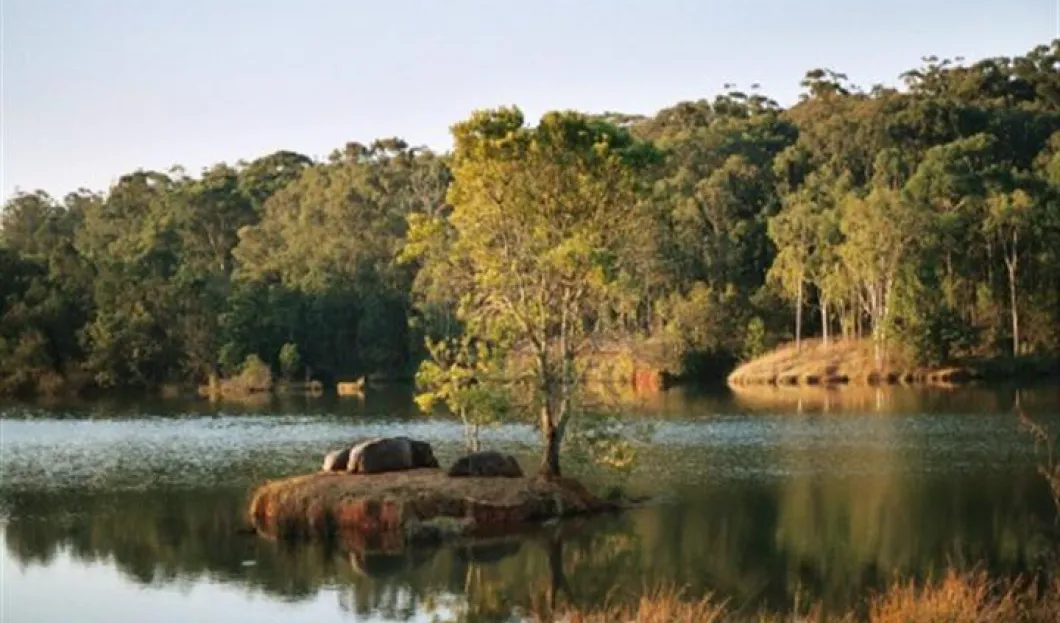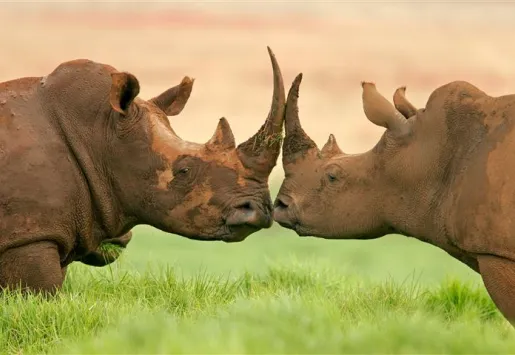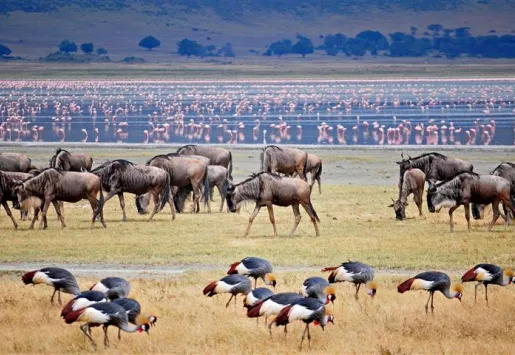
Poachers are devastating the wildlife of Swaziland’s nature reserves more than ever before and tourists are turning their backs on the wildlife due to the lack of animals. In some places, for instance, just a few impalas remain.
Nobody needs tourism more than poor countries and Swaziland, landlocked by South Africa, fits right into this category. Currently the traditional problems of AIDS and security have been set aside by an even bigger problem: poaching. Swaziland relies heavily on its game reserves yet the poachers have created a situation whereby the only confrontation tourists are likely to have with baboons and large game is where they hear huge screams from them being caught in traps.
The locals have been quick to point out that the animals have started behaving in a strange manner by running away from humans at any opportunity. This is not how the animals used to behave and their fears are almost certainly a result of recent experience with people. The poachers may be earning for themselves yet they are crippling tourism. A few remaining impalas and plants are very unlikely to attract visitors from afar.
The Mlawula reserve has had an increasing number of poaching cases to deal with. One may ask how such secret incidents can be monitored? The answer lies with the increasing screams of entrapped wildlife, their plummeting numbers and the amount of carcasses with traps around them. Indeed, many animals are unfortunate enough to decompose in snares if the poachers are not quick enough to find their prey. Even plants, which are used to make traditional medicines have recently fallen victim to the increasing numbers of Mlawula poachers.
















This report has been lifted out of its local context and should be better explained.
The original report appeared in the Times of Swaziland, a local newspaper. Its purpose was to shed light on the potential impacts of meddling with Swaziland's Game Act, something that Swazi parliamentarians are currently considering.
The Game Act is a very effective piece of legislation which underlies the relative success of nature conservation efforts in Swaziland. Poaching and impacts on wildlife-viewing in Swaziland's main game-viewing areas: Hlane, Mlilwane and Mkhaya have so far been contained by effective policing of the local laws. Game-viewing at these and a variety of smaller reserves is still first-class and tourism is NOT impacted.
Mlawula Nature Reserve was used an example of what could happen if current legislation was weakened. This park is poorly resourced and consequently poorly policed. Wildlife has been decimated. This is not a new occurrence and has been the status quo for many years.
The purpose of the current country-wide focus on poaching amongst conservationists in Swaziland is to illustrate the importance to Parliamentarians of showing support to nature conservation. Mlawula is a good example of what can happen when poaching gets out-of-control and it doesn't attract tourists for game-viewing purposes (it is however a superb bird-watching venue).
However to imply that the same impacts are being felt across all of Swaziland's parks is not accurate. Wildlife-viewing is still 1st-class and visitors who experience this contribute directly to nature conservation efforts through gate entry, accommodation and activity payments. Please visit freely and help us to sustain our natural environment.
Darron Raw
Swazi Trails
There is not hope for the wildlife of Southern Africa\\\'s Switzerland called Swaziland. It is a shame to say so. However, much insider knowledge about the tiny kingdom makes me think so.